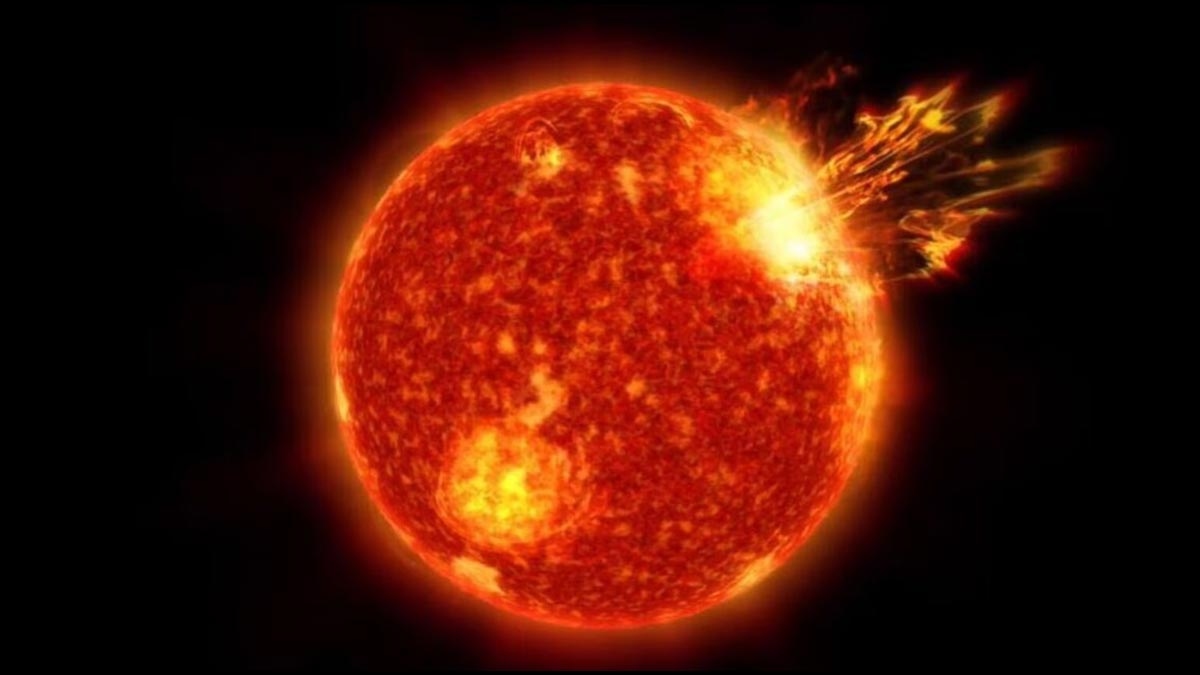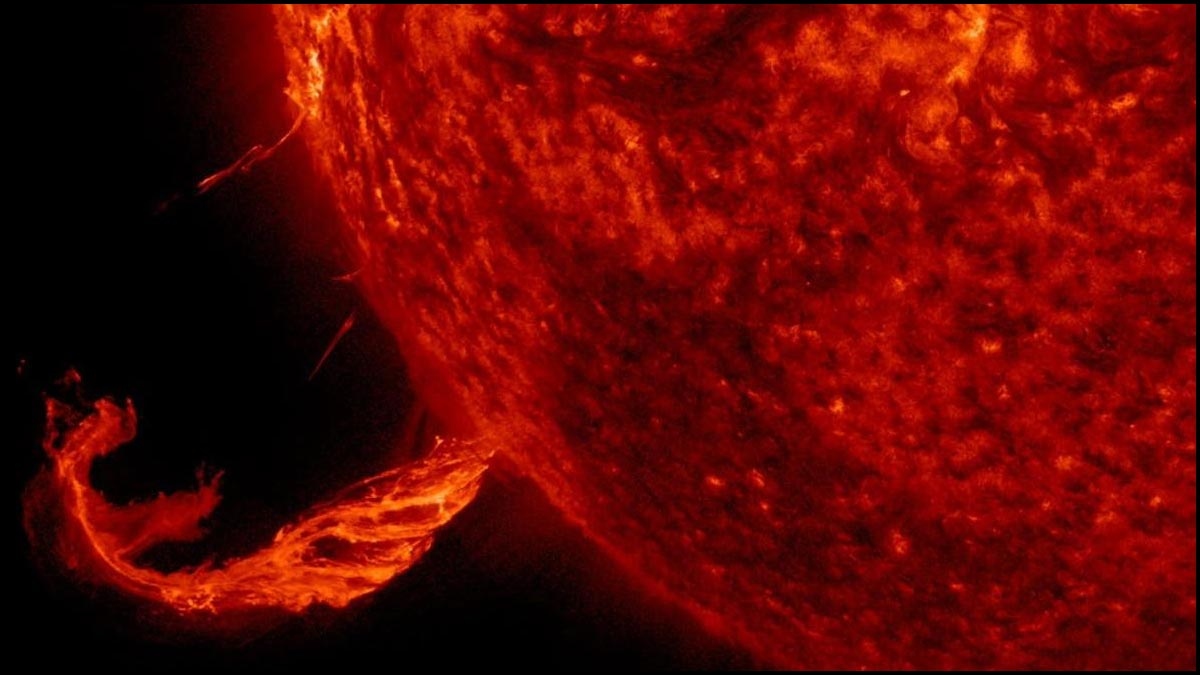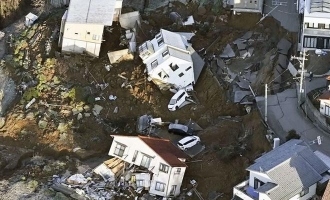NOAA Warns of Impending Solar Storm: Geomagnetic Turbulence Expected Tonight


Send us your feedback to audioarticles@vaarta.com



A "severe solar storm" that is expected to strike Earth tonight was warned of by the Space Weather Prediction Center of the National Oceanic and Atmospheric Administration. Occasional as they are, these geomagnetic storms get stronger as the Sun approaches the end of its 11-year cycle.
These storms are the consequence of solar flares and coronal mass ejections (CMEs) on the Sun, which throw off the solar wind that enters the magnetosphere of Earth. These storms can interfere with communication, electricity grids, and GPS navigation even if they frequently create stunning auroras.
An uncommon alert not issued since January 2005, a Geomagnetic Storm Watch was prompted by the Space Weather Prediction Center's Severe (G4) rating for the approaching storm. It is expected that between tonight, May 10, and Sunday, May 12, Earth will be struck by at least five CMEs. Notably, on Thursday the Sun produced a strong X1.1 flare, which was followed by an even stronger X2.2 flare that NOAA had recorded earlier that day.

Experts from the Space Weather Prediction Center of NOAA will address the storm and its possible effects at a press conference today at 10 a.m. ET. A recent NOAA graphic, meanwhile, shows a number of recent flares connected to a large sunspot cluster that is around 16 times the size of Earth. One can see this sunspot directly with eclipse glasses.
The last Severe geomagnetic storm that NOAA has recorded was in March 2024. More severe, the previous G5 storm struck in October 2003, damaging infrastructure and resulting in power disruptions.
Operators of satellites are especially exposed since solar activity is erratic. We are waiting for more information to comprehend the storm's effects and expect to see breathtaking auroras without interfering with vital infrastructure.
Â
Follow us on Google News and stay updated with the latest!




 Follow
Follow




























































Comments